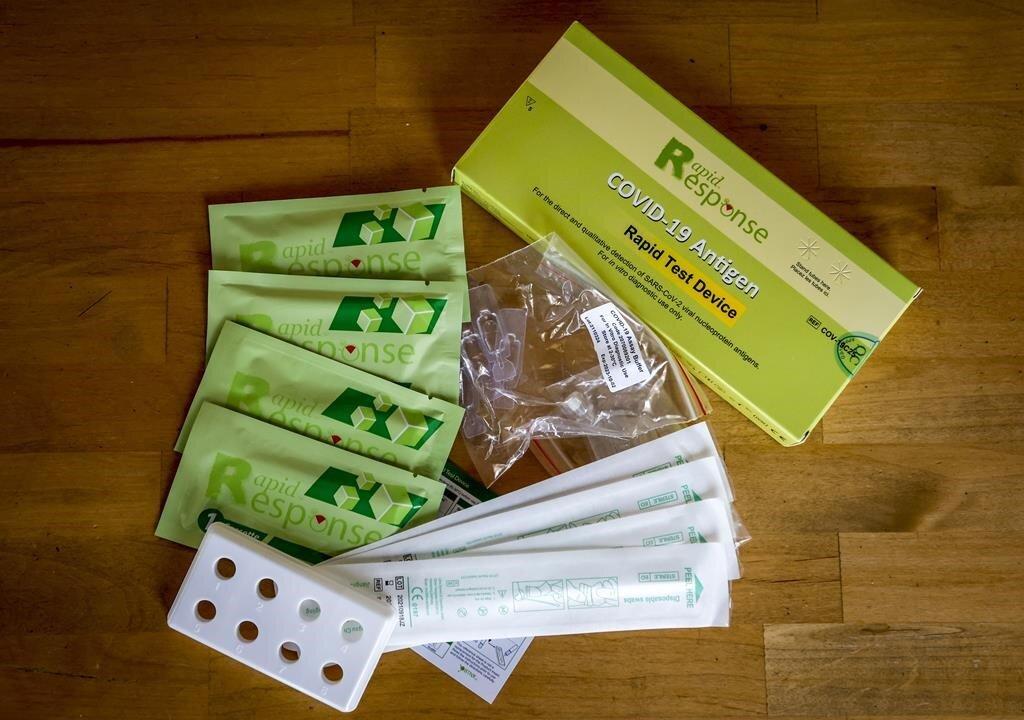The federal government is sitting on a stockpile of 39 million extra rapid tests for COVID-19 and is struggling to get rid of them without chucking them in the trash, an internal Health Canada memo shows.
As the Omicron variant of the virus began to tear across Canada at the end of 2021, the government rapidly bought up rapid antigen tests, distributing most of them to the provinces so people could swab themselves for the virus at home.





